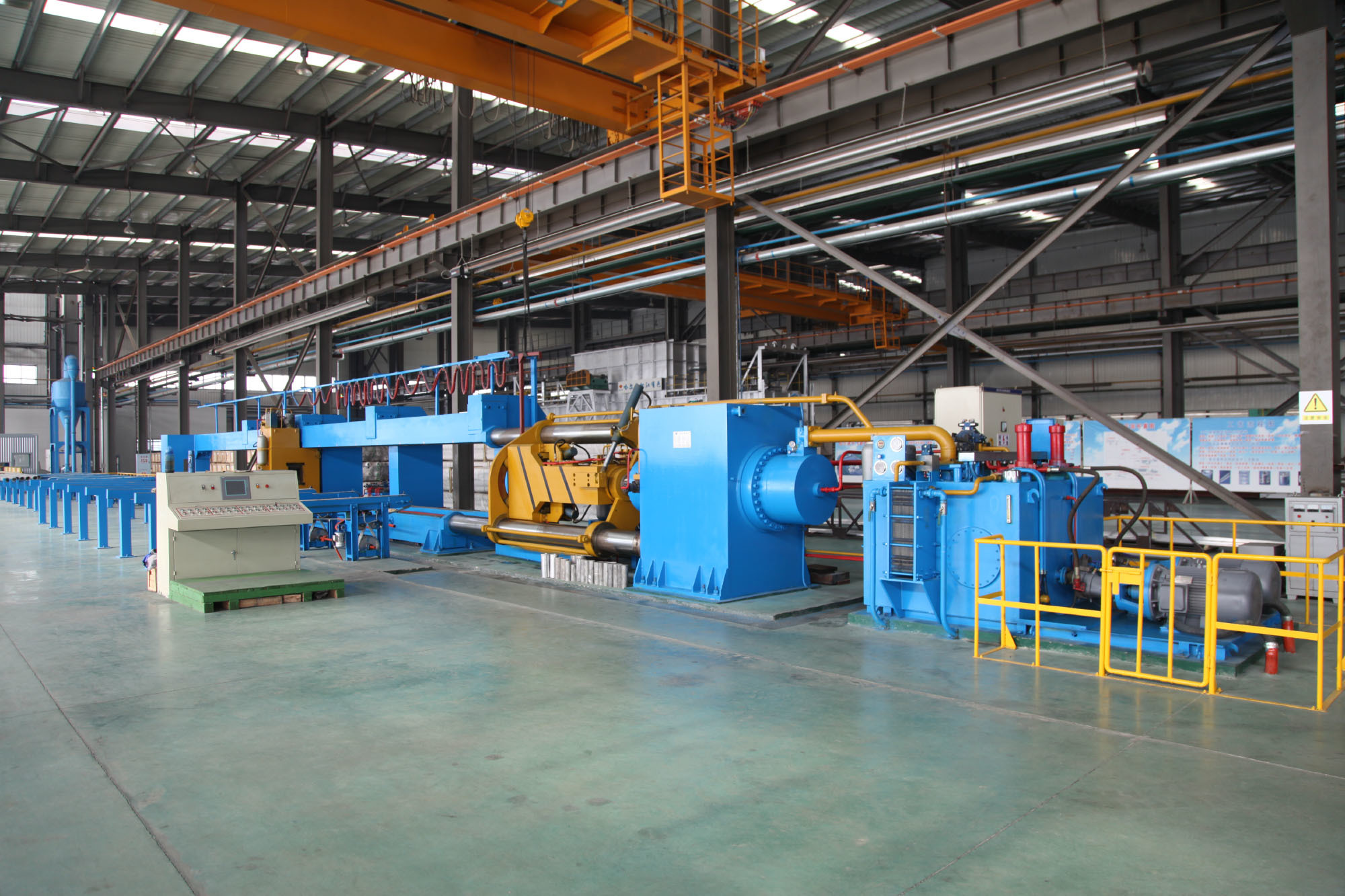Unveiling the Benefits and Applications of 7050 Aluminum Alloy
The 7050 aluminum alloy is a member of the 7000 series, primarily composed of zinc as the principal alloying element. This alloy is well-regarded for its outstanding mechanical properties, which include high strength-to-weight ratio, excellent resistance to stress corrosion cracking, and good weldability. These attributes make it a popular choice for applications requiring robust performance under
Jul 17,2025
The 7050 aluminum alloy is a member of the 7000 series, primarily composed of zinc as the principal alloying element. This alloy is well-regarded for its outstanding mechanical properties, which include high strength-to-weight ratio, excellent resistance to stress corrosion cracking, and good weldability. These attributes make it a popular choice for applications requiring robust performance under challenging conditions.
One of the most significant advantages of 7050 aluminum alloy is its exceptional strength. It is often used in aerospace and automotive sectors, where weight reduction is critical without compromising structural integrity. The alloy's high strength allows for thinner sections in components, leading to weight savings that can enhance fuel efficiency and overall performance.
In addition to its strength, 7050 aluminum is also known for its excellent fatigue resistance. This characteristic is crucial in applications subjected to cyclic loading, such as aircraft fuselages and wings, where components experience repeated stress over their service life. The alloy’s ability to withstand such stresses contributes to improved safety and reliability in demanding environments.
Another notable property of 7050 aluminum alloy is its impressive resistance to corrosion, particularly in marine and industrial environments. The alloy’s ability to resist pitting and stress corrosion cracking makes it an excellent choice for components exposed to harsh conditions. This resistance helps to prolong the lifespan of products and reduces maintenance costs, making it a cost-effective solution in the long run.
Furthermore, 7050 aluminum alloy exhibits good machinability, allowing it to be easily shaped and formed into complex geometries. This versatility enables manufacturers to produce a wide range of components, from aircraft structures to specialized equipment in the energy sector.
Notably, the alloy can also be heat treated to further enhance its mechanical properties. This heat treatment process can optimize strength, making it suitable for high-performance applications. However, it is essential to consider the specific requirements of each application to determine the most appropriate heat treatment method.
In summary, 7050 aluminum alloy stands out in the metallurgy and energy sectors for its remarkable combination of strength, corrosion resistance, and machinability. Its properties make it an ideal choice for applications ranging from aerospace to specialized industrial components. Understanding the benefits and potential applications of 7050 aluminum can empower professionals to make informed decisions for their projects.
One of the most significant advantages of 7050 aluminum alloy is its exceptional strength. It is often used in aerospace and automotive sectors, where weight reduction is critical without compromising structural integrity. The alloy's high strength allows for thinner sections in components, leading to weight savings that can enhance fuel efficiency and overall performance.
In addition to its strength, 7050 aluminum is also known for its excellent fatigue resistance. This characteristic is crucial in applications subjected to cyclic loading, such as aircraft fuselages and wings, where components experience repeated stress over their service life. The alloy’s ability to withstand such stresses contributes to improved safety and reliability in demanding environments.
Another notable property of 7050 aluminum alloy is its impressive resistance to corrosion, particularly in marine and industrial environments. The alloy’s ability to resist pitting and stress corrosion cracking makes it an excellent choice for components exposed to harsh conditions. This resistance helps to prolong the lifespan of products and reduces maintenance costs, making it a cost-effective solution in the long run.
Furthermore, 7050 aluminum alloy exhibits good machinability, allowing it to be easily shaped and formed into complex geometries. This versatility enables manufacturers to produce a wide range of components, from aircraft structures to specialized equipment in the energy sector.
Notably, the alloy can also be heat treated to further enhance its mechanical properties. This heat treatment process can optimize strength, making it suitable for high-performance applications. However, it is essential to consider the specific requirements of each application to determine the most appropriate heat treatment method.
In summary, 7050 aluminum alloy stands out in the metallurgy and energy sectors for its remarkable combination of strength, corrosion resistance, and machinability. Its properties make it an ideal choice for applications ranging from aerospace to specialized industrial components. Understanding the benefits and potential applications of 7050 aluminum can empower professionals to make informed decisions for their projects.
Previous:
Latest Developments











